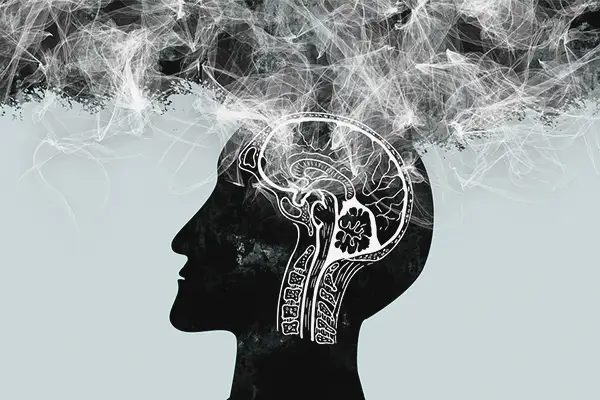
The most common type of dementia, Alzheimer’s disease can occur to anyone around you. Though there’s currently no cure, the symptoms can be reduced with the correct medications and prevention. If someone in your home is diagnosed with this condition, you must learn more about the signs. Keep in mind that a caregiver or nurse with an Alzheimer’s training certification will be able to see the signs and determine the best course of action.
In this blog post, we are going to explain some of the most common symptoms of an Alzheimer’s patient and suggest you a few steps you can take as a caregiver. So, let’s start!
The key sign of this illness is when the patient gets dazed about things they already have known. For example, if a person begins to become confused about the time, dates, year, or places they have been or known for years, this can be an early sign of the condition.
In this case, a caregiver should not get cold feet, instead, they should monitor the situation, manage it calmly, and make sure whether it’s a mere lapse in acumen or something more serious.

Another warning sign of the onset of this disease is when the individual starts to experience changes in their overall awareness and judgment skills and even starts to make wild and impossible statements with no logical basis.
Reasoning and judgment are two basic motor functions of the brain that, depending, of course, on the personality and general level of intelligence and awareness of the individual, are automatically enacted without having to think about it.
Key examples of ways in which this disease can affect your loved one’s logic, reasoning, and judgment include the following:
Remember, of course, that everyone, regardless of their age and their health, forgets things sometimes, so there is no need to panic the next time you forget where you placed your car keys.
Uncertainty in the personality and mood swings of a person shouldn’t be ignored completely. If this condition occurs in an old age person, there might be some other reasons as well, but take it as a warning sign, book a doctor’s appointment, and make sure whether it is Alzheimer’s or not.
This patient can start to experience sudden mood swings, personality changes, and disturbance in the mind.
There can be several reasons for the unwillingness to leave the house like depression, anxiety, etc. However, a caregiver needs to determine the exact reason. You can keep an eye on their activities such as if they are avoiding calls or don’t want to make conversations, which may be the initial signs of the problem.
As a family, if you are worried about your loved one no longer being happy and comfortable in their zone, can consider trying to make the patient relocate to assisted living in Scottsdale, AZ.
Last but not least, common household chores like cleaning dishes, washing clothes, mopping the floor, or dusting the house can be ignored by the patient with Alzheimer’s. So, it is better to watch their activities and see if they are unable to maintain personal hygiene and help them in doing so.
A person suffering from such conditions can find it difficult to do daily simple tasks. In such cases, assisted living facilities can offer adequate services like skill development, daily activities, etc., while providing them independence.
The signs mentioned above are the most commonly found in people living with memory-based illnesses such as Alzheimer’s or other types of dementia. Though we already are aware of the fact that this condition is non-curable and it only gets worse with time, a few other symptoms are also considered as the progression of this situation:
While taking care of an Alzheimer sufferer, do not forget to look after your own emotional and physical well-being. It can be mentally and physically draining to live with a dementia patient. But you cannot help someone while struggling on your own. So, it is advisable to consider a renowned memory care facility. In case it doesn’t work for you, try to build a strong network of support around yourself.
While promoting healthy aging habits, you can lower the risk of Alzheimer’s and other types of Dementia. These healthy lifestyle choices include:
By adopting these habits in your daily life, you can not only avoid the risk of Alzheimer’s or dementia but other life-threatening conditions as well.
